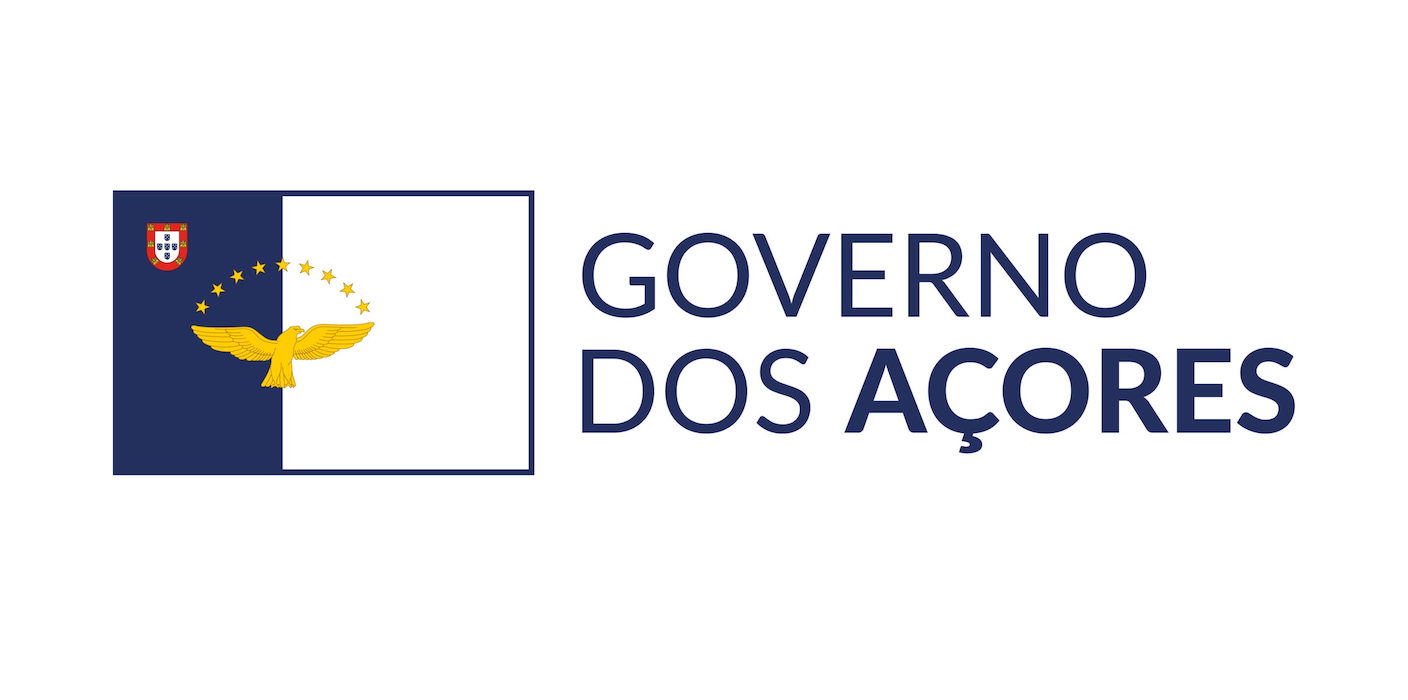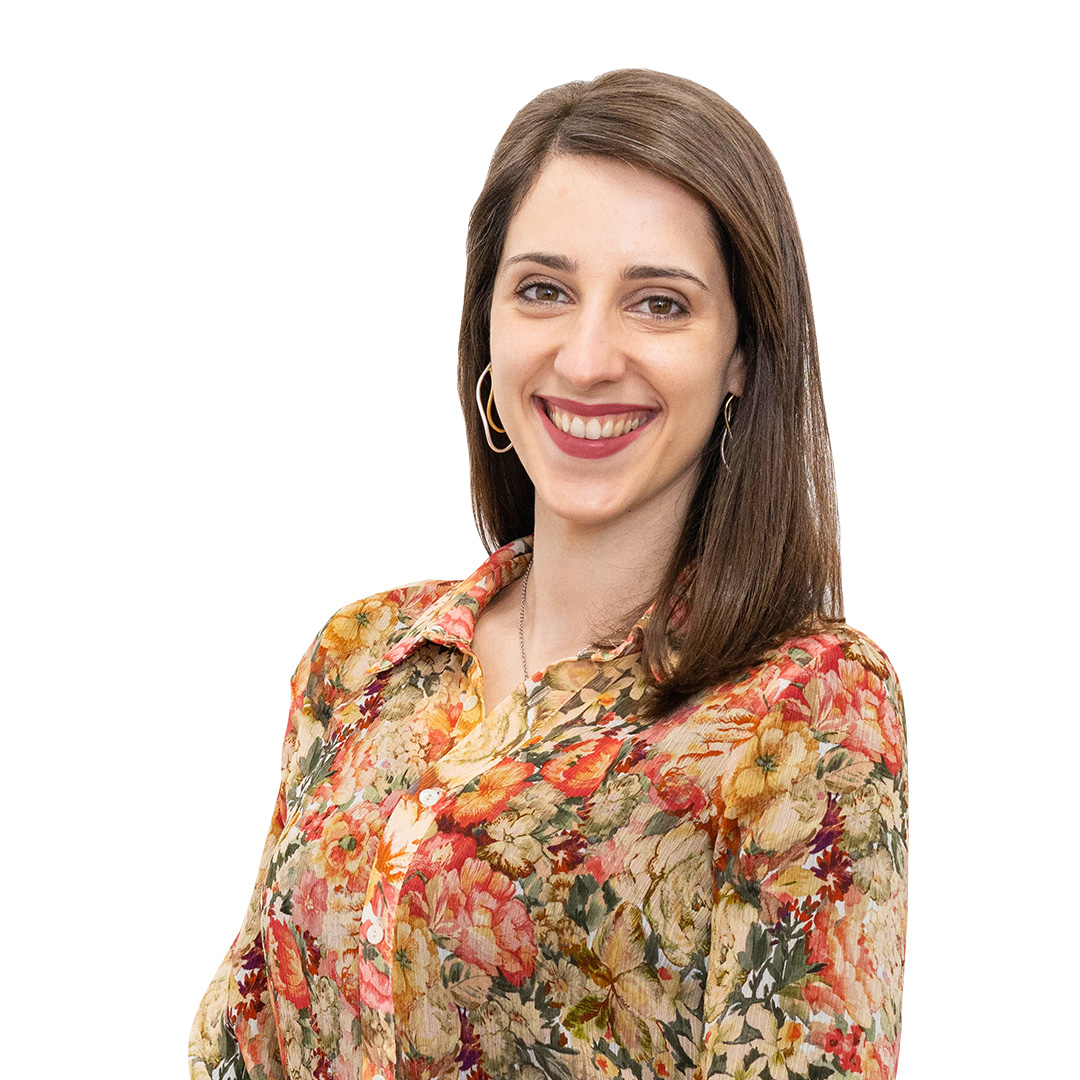
| Acronym: | M3.3.B/ORG.R.C./012/2022/EDIÇÃO 1 |
| Cost Center: | 1116 |
| Operation Code: | M3.3.B/ORG.R.C./012/2022/EDIÇÃO 1 |
| Title: | VI CICA - Around the problems |
| Start-End: | 18-04-2022 - 18-12-2022 |
| Entidade Beneficiária Principal: | Fundação Gaspar Frutuoso |
| Gestores da FGF: | Gonçalo Goulart, Paula Oliveira |
| Responsible Researcher: | Ricardo Emanuel Cunha Teixeira |
| Organic Units: | FCSH - Faculdade de Ciências Sociais e Humanas |
| R&D Units: | NICA - Núcleo Interdisciplinar da Criança e do Adolescente |
| Entidade | Montante |
|---|---|
| Total Financing | 5.894,76 € |
| Direção Regional da Ciência e da Tecnologia (100.0 %) | 5.894,76 € |
| Direção Regional da Ciência e da Tecnologia (100.0 %) | 5.894,76 € |
Main Objectives:
Following the previous CICA (International Interdisciplinary Congress of Children and Adolescents), funded by the former DRCT, current DRCTD, the VI CICA seeks to continue to broaden and deepen issues related to childhood and adolescence in an interdisciplinary perspective. This VI CICA, under the theme “Around the problems”, seeks to respond to the needs for updating scientific and pedagogical knowledge of kindergarten teachers, teachers and researchers. Focusing on Problem Solving is a fundamental strategy for an approach to childhood and its problems that is more in line with the real development and learning needs of children and young people. Over the last few decades, problem solving has gained some prominence in school curricula internationally. In the 1990s, UNESCO, through the World Declaration on Education for All, established that problem solving should be an essential tool for learning, in the same way as reading, writing, oral expression and calculation. In this document, it is also mentioned that the satisfaction of basic learning needs gives the members of a society the possibility and, at the same time, the responsibility to respect and develop their cultural, linguistic and spiritual heritage, to protect the environment. and to be tolerant of social, political and religious systems that differ from their own, in order to safeguard respect for human rights. In the national context, the Profile of Students Leaving Compulsory Education stands out. This reference document for the organization of the education system was approved by the Ministry of Education in 2017 and aims to contribute to the convergence and articulation of decisions inherent to the various dimensions of curriculum development in Portugal. The document includes, in all, ten areas of competence, which are transversal in nature to the different curricular areas. One of these areas of competence is entitled "Reasoning and problem solving", and students are expected to: pose and analyze questions to be investigated, distinguishing what is known from what is intended to be discovered; define and execute appropriate strategies to investigate and answer the initial questions; and critically analyze the conclusions obtained, reformulating, whenever necessary, the strategies adopted. For all these reasons, and because NICA-UAc promotes research on childhood and development issues, the VI CICA will seek to offer its participants diverse opportunities to discuss, analyse, debate, problematize and disseminate research and good practices, promoting a better understanding and deepening of issues related to problem solving and problematization, in a careful analysis of their specificities, with the aim of offering participants an opportunity to better understand and apprehend them, and to put into perspective their implications for training and education. the action of individuals and current societies. The event will take place in a hybrid version (in person and online), for 6 days (four afternoons online and two mornings in person), and will have the participation of national experts (Álvaro Magalhães, renowned Portuguese writer of books and short stories for children and young people; Ana Barbosa and Maria Isabel Vale, researchers at the Polytechnic Institute of Viana do Castelo; Ana Cristina Almeida, researcher at the Faculty of Psychology and Educational Sciences at the University of Coimbra; Ivete Azevedo, pedagogical and executive director of Torrancenter Portugal; Margarida Alves Martins, researcher retired from ISPA - University Institute of Psychological, Social and Life Sciences; Maribel Pinto, researcher at the Escola Superior de Educação do Politécnico de Viseu; and Tiago Almeida, researcher at the Escola Superior de Educação de Lisboa) and international researchers (Sílvio Gallo, researcher at the Department of Philosophy and History of Education, Faculty of Education, UNICAMP - Universidade Estadual in Campinas). The invited experts will seek, from different perspectives and from different scientific areas, to analyze issues related to problematization and problem solving, understand their implications for the development of children and young people and advance pedagogical action strategies capable of establishing relevant connections. in the educational domain. The meeting will provide moments of free communication open to the participation of national and international researchers who submit duly substantiated abstracts, involving themes within the scope of the objectives of the meeting. Given the scope of the subject, this event is aimed at a very wide audience, and may be of interest to professionals in the fields of education, philosophy, mathematics and the Portuguese language, to psychologists, to sociologists, linked to the monitoring of children with learning or developmental problems, professionals in the arts, families with children and young people and the general public interested in issues related to education and learning in the broadest sense.
Project Description:
Following the previous CICA (International Interdisciplinary Congress of Children and Adolescents), funded by the former DRCT, current DRCTD, the VI CICA seeks to continue to broaden and deepen issues related to childhood and adolescence in an interdisciplinary perspective. This VI CICA, under the theme “Around the problems”, seeks to respond to the needs for updating scientific and pedagogical knowledge of kindergarten teachers, teachers and researchers. Focusing on Problem Solving is a fundamental strategy for an approach to childhood and its problems that is more in line with the real development and learning needs of children and young people. Over the last few decades, problem solving has gained some prominence in school curricula internationally. In the 1990s, UNESCO, through the World Declaration on Education for All, established that problem solving should be an essential tool for learning, in the same way as reading, writing, oral expression and calculation. In this document, it is also mentioned that the satisfaction of basic learning needs gives the members of a society the possibility and, at the same time, the responsibility to respect and develop their cultural, linguistic and spiritual heritage, to protect the environment. and to be tolerant of social, political and religious systems that differ from their own, in order to safeguard respect for human rights. In the national context, the Profile of Students Leaving Compulsory Education stands out. This reference document for the organization of the education system was approved by the Ministry of Education in 2017 and aims to contribute to the convergence and articulation of decisions inherent to the various dimensions of curriculum development in Portugal. The document includes, in all, ten areas of competence, which are transversal in nature to the different curricular areas. One of these areas of competence is entitled "Reasoning and problem solving", and students are expected to: pose and analyze questions to be investigated, distinguishing what is known from what is intended to be discovered; define and execute appropriate strategies to investigate and answer the initial questions; and critically analyze the conclusions obtained, reformulating, whenever necessary, the strategies adopted. For all these reasons, and because NICA-UAc promotes research on childhood and development issues, the VI CICA will seek to offer its participants diverse opportunities to discuss, analyse, debate, problematize and disseminate research and good practices, promoting a better understanding and deepening of issues related to problem solving and problematization, in a careful analysis of their specificities, with the aim of offering participants an opportunity to better understand and apprehend them, and to put into perspective their implications for training and education. the action of individuals and current societies. The event will take place in a hybrid version (in person and online), for 6 days (four afternoons online and two mornings in person), and will have the participation of national experts (Álvaro Magalhães, renowned Portuguese writer of books and short stories for children and young people; Ana Barbosa and Maria Isabel Vale, researchers at the Polytechnic Institute of Viana do Castelo; Ana Cristina Almeida, researcher at the Faculty of Psychology and Educational Sciences at the University of Coimbra; Ivete Azevedo, pedagogical and executive director of Torrancenter Portugal; Margarida Alves Martins, researcher retired from ISPA - University Institute of Psychological, Social and Life Sciences; Maribel Pinto, researcher at the Escola Superior de Educação do Politécnico de Viseu; and Tiago Almeida, researcher at the Escola Superior de Educação de Lisboa) and international researchers (Sílvio Gallo, researcher at the Department of Philosophy and History of Education, Faculty of Education, UNICAMP - Universidade Estadual in Campinas). The invited experts will seek, from different perspectives and from different scientific areas, to analyze issues related to problematization and problem solving, understand their implications for the development of children and young people and advance pedagogical action strategies capable of establishing relevant connections. in the educational domain. The meeting will provide moments of free communication open to the participation of national and international researchers who submit duly substantiated abstracts, involving themes within the scope of the objectives of the meeting. Given the scope of the subject, this event is aimed at a very wide audience, and may be of interest to professionals in the fields of education, philosophy, mathematics and the Portuguese language, to psychologists, to sociologists, linked to the monitoring of children with learning or developmental problems, professionals in the arts, families with children and young people and the general public interested in issues related to education and learning in the broadest sense.



